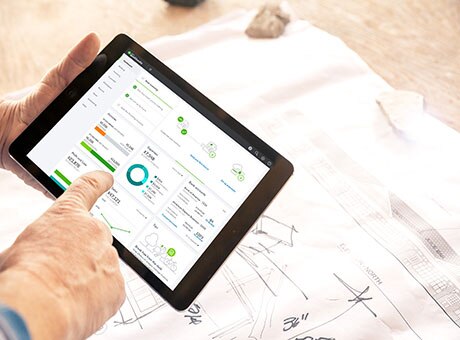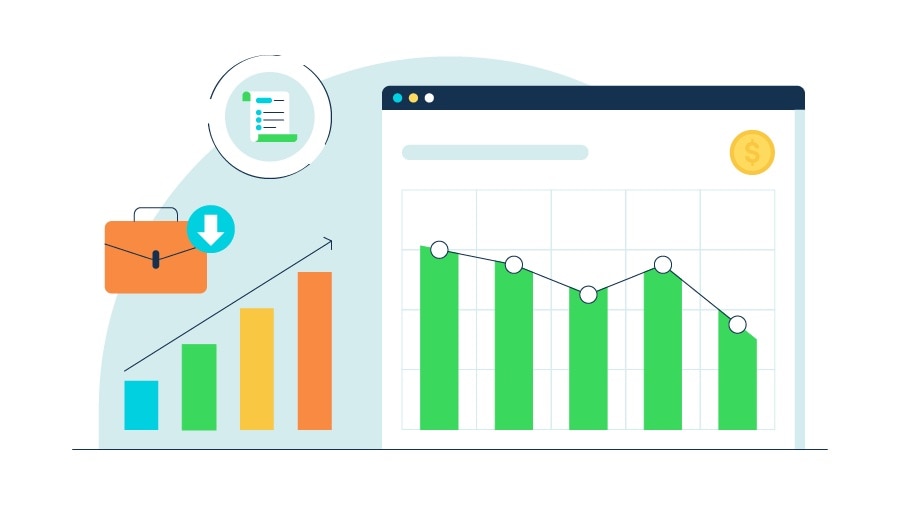As of 2017, Alberta plans to lower its small business tax rate from 3% to 2%. This reduction is expected to save small business owners an estimated $185 million in provincial taxes. This is the lowest rate the province has charged small businesses in over 17 years.

New Developments in Taxation for Corporations in Alberta
Alberta’s Corporate Tax Rate
In Alberta, corporations face an income tax rate of 12%, but businesses that qualify for the small business deduction only pay 2% in provincial income tax. In addition, to stay attractive to entrepreneurs, the province doesn’t assess payroll tax, require health care premiums, or charge provincial sales tax. This makes Alberta one of the least expensive places to run a business, in terms of government taxes.
Small Business Deduction
The small business deduction is a tax credit worth a percentage of your corporation’s taxable income. This credit works to reduce your tax owed, and it essentially lowers your tax rate. Businesses may only claim Alberta’s small business deduction on up to $500,000 of income. To understand how the small business deduction works, consider this scenario. A corporation in Alberta has $100,000 in profits. Based on the province’s 12% corporate income tax rate, the corporation owes $12,000. Then, the corporation claims the small business tax deduction. Worth 10% of taxable income, the credit earns the company $10,000. That lowers the tax bill to $2,000, and by extension lowers the corporation’s provincial tax rate to just 2%. In some cases, corporations may qualify for the small business rate on some of their income, but they may face the higher rate on income over the threshold. In those cases, the effective corporate tax rate ends up being between 2% and 12%.
Insurance Premiums Tax
Insurance companies, regardless of size, face different rates on taxable income related to premiums. As of April 2016, the tax rate for life, accident, and sickness insurance is 3%, and the tax rate on other types of premiums is 4%. These rates reflect a percentage point increase from the previous year. If you file taxes on behalf of an insurance corporation, you should fill out the Alberta Insurance Premium Tax Return and remit it with your tax return. The government used to automatically send these forms to insurers, but it no longer does so you will need to obtain your own form.
Alberta Scientific Research and Experimental Development Tax Credit
To encourage research and experimentation, Alberta also offers a scientific research and experimental development tax credit . This generous credit is worth 10% of up to $4 million in eligible expenditures. To give you an example, if your corporation has $3 million in eligible expenditures, the credit is worth $300,000. On the other hand, if your corporation has $5 million in eligible expenditures, you can only claim the credit based on $4 million, making your credit $400,000. This is a totally refundable credit. Let’s say you get a credit for $350,000, but you only owe $200,000 in provincial income tax; the $150,000 difference comes back to you in cash. You don’t have to request this credit right away. As of 2017, you have 15 months after your filing date to request this credit.
Alberta Foreign Investment Income Tax Credit
When your corporation earns money in another country, some or all of that income may be exempt from tax. It depends on the country where you do business and the tax treaty between Canada and that country. If your income is exempt from taxation, the Canada Revenue Agency eliminates the tax by offering you a foreign income tax credit. If you qualify for this federal credit, you automatically qualify for the foreign investment income tax credit in Alberta. You want to use AT1 Schedule 4, Form AT201, to calculate and claim this credit.
Provincial vs. Federal Tax
The top corporate tax rate in Canada is 38%, but most corporations qualify for reductions and abatements that lower this rate. In particular, small corporations receive a 10% federal tax abatement and a 17.5% small business deduction. That makes their effective tax rate only 10.5%. The CRA uses the same $500,000 threshold for its small business deduction as the province of Alberta. Based on these rates, as of 2017, a small corporation in Alberta pays a total of 12.5% in corporate income tax. That’s the federal rate of 10.5% plus the provincial rate of 2%. For the most part, businesses use the same methods to calculate business income for federal and provincial tax purposes. That said, there are a few exceptions to the rule. In particular, corporations can include donations of medicine on their provincial tax return that they may not be able to claim on their federal return. To note these differences, include AT1 Schedule 20 with your Alberta return. There can also be small differences in how your corporation calculates a capital cost allowance on your federal and provincial returns. Alberta schedules 13, 14, and 18 deal with these calculations. When you’re budgeting or planning for corporate taxes, you want to keep both provincial and federal taxes in mind. To stay updated, you may want to bookmark the corporate income tax page of Alberta’s Treasury Board and Finance website. The province updates this page with announcements as changes happen.


